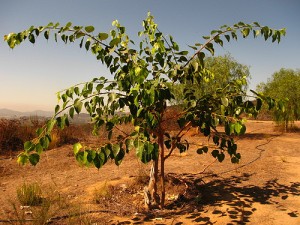“Kristen Eliason’s delicious prose and poetry drive a hard bargain between elegy and Japanese wabi-sabi.” So says whoever wrote the bio note on this event page announcing a Kristen Eliason reading at Notre Dame. I nod in agreement: “Yes. Yes, Kristen’s poetry is elegaic, very haiku-like in its sense of transience, of the beauty of the incomplete, the impermanent, the imperfect.” (Learn more about “wabi-sabi” here and here.)
This effort to find joy in the midst of transience, I think, largely characterizes mortality, in which most everything we experience is impermanent: every breath we take dissolves into the body, which in turn deteriorates with age. Sunlight doesn’t last forever, but, then again, neither does the snow; every season inevitably changes. All that is living eventually dies.
In “arms upon arms to an earth,” which is apparently one in a collection of poems Kristen wrote “on the death of [her] sweetheart,” shows how certain connections—with place, with people, with mythologies—can partially assuage the transience of life on a dying Earth, can offer hope of better, eternal things to come. In fact, she suggests, we can find “Eden” (line 1) in the “desert, immutable wayplace / of God” (2-3); we can find enlightenment and commune with God, the “immutab[ilities]” of the Edenic ideal, even as we wander through this Wilderness, like Adam and Eve, trying to make our way back to the Tree of Life and its “square hands” (7) (the signs and tokens of its perfection) together.
Two more of Kristen’s poems can be found here and here. And here is her “Treatise on Drowning.” (I recommend it.)
Happy reading. And happy wandering…

